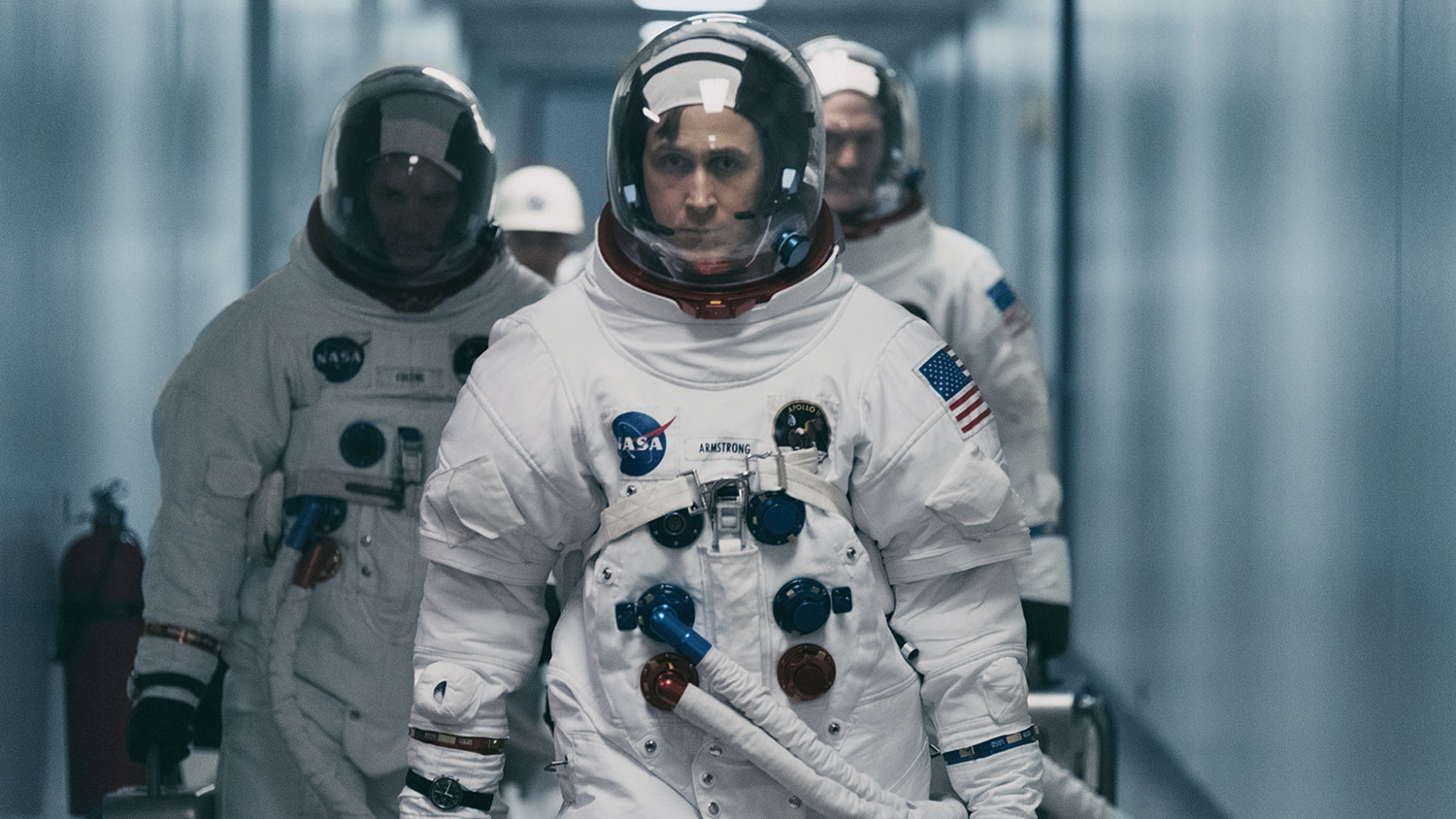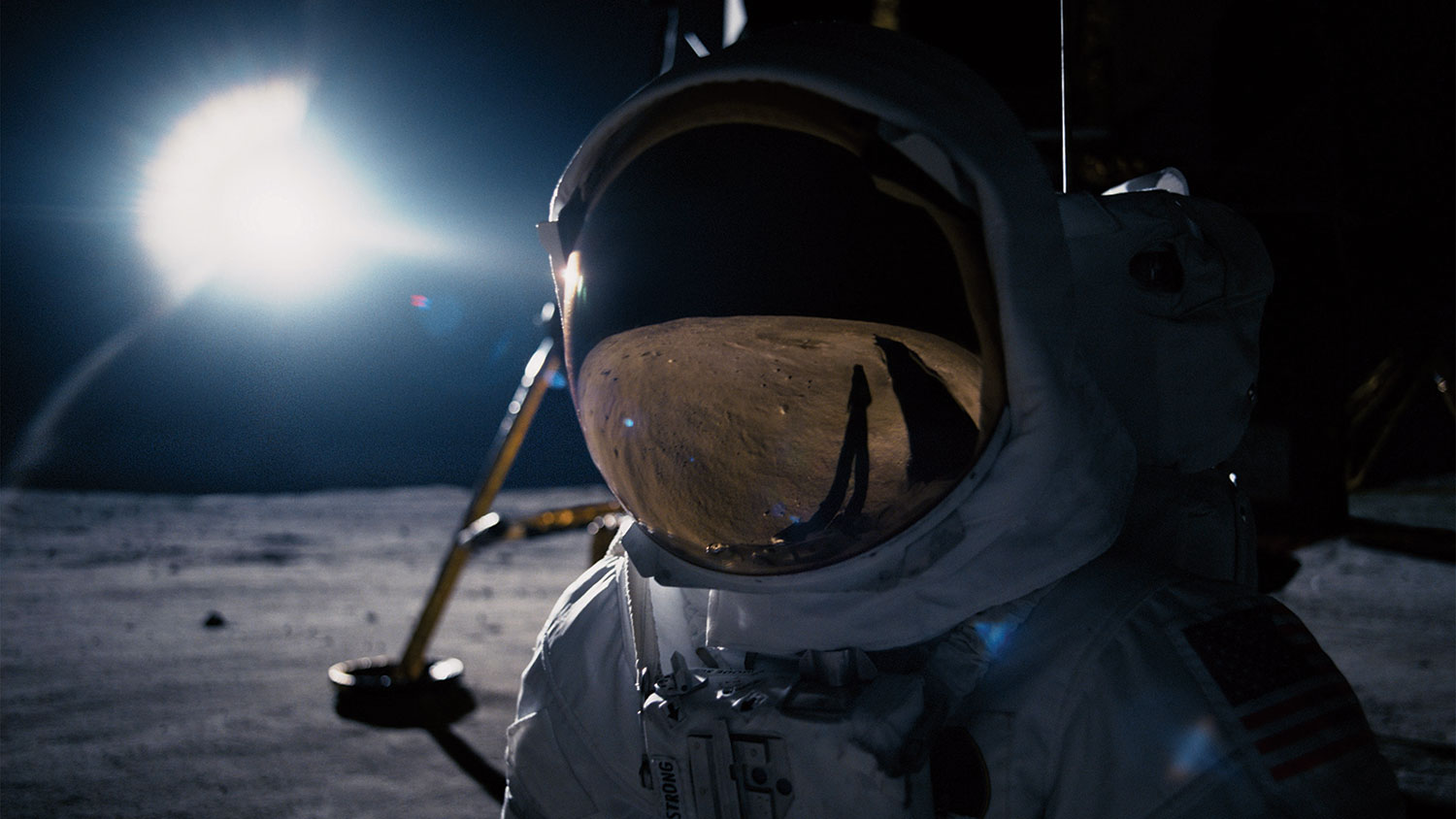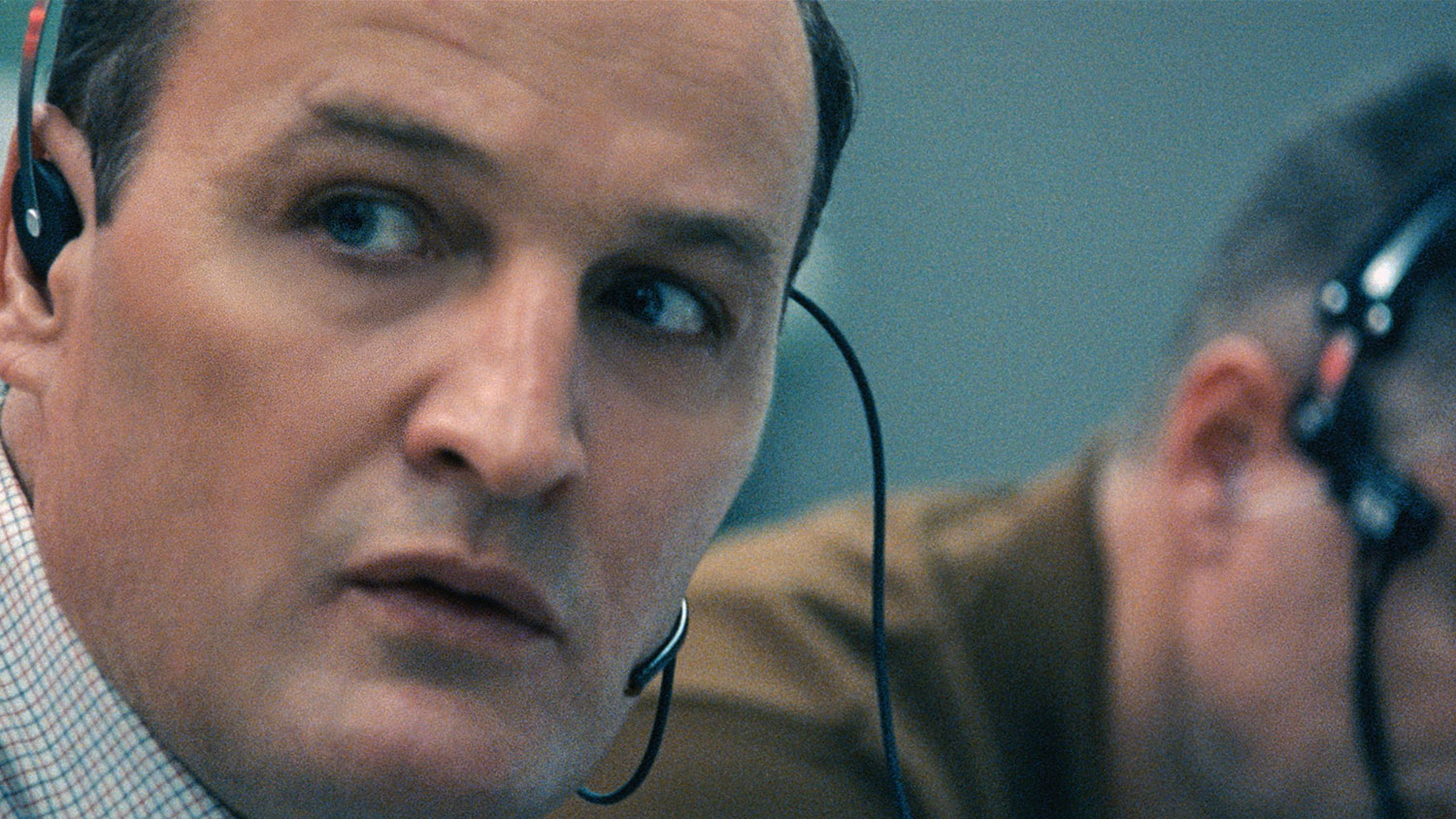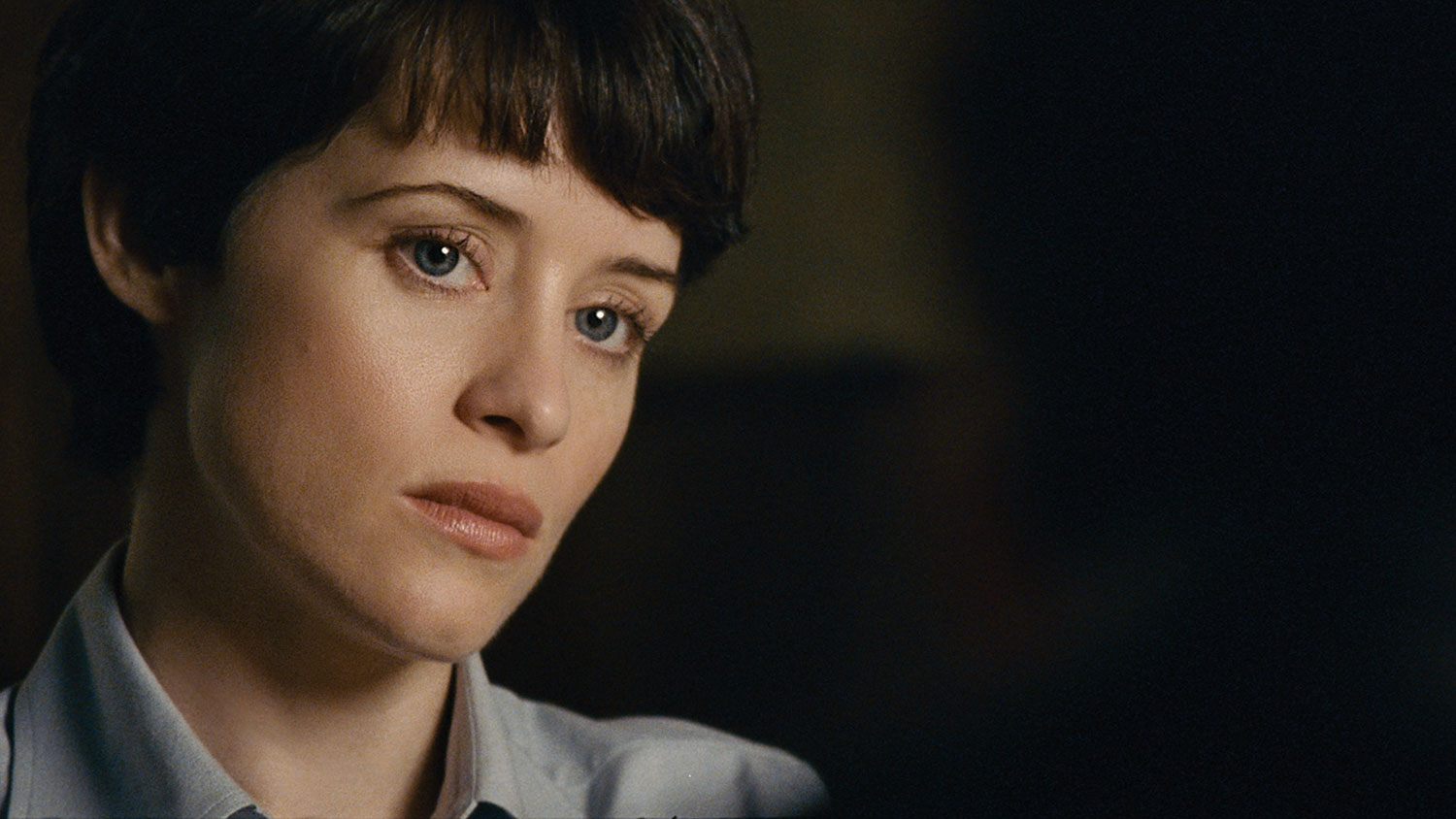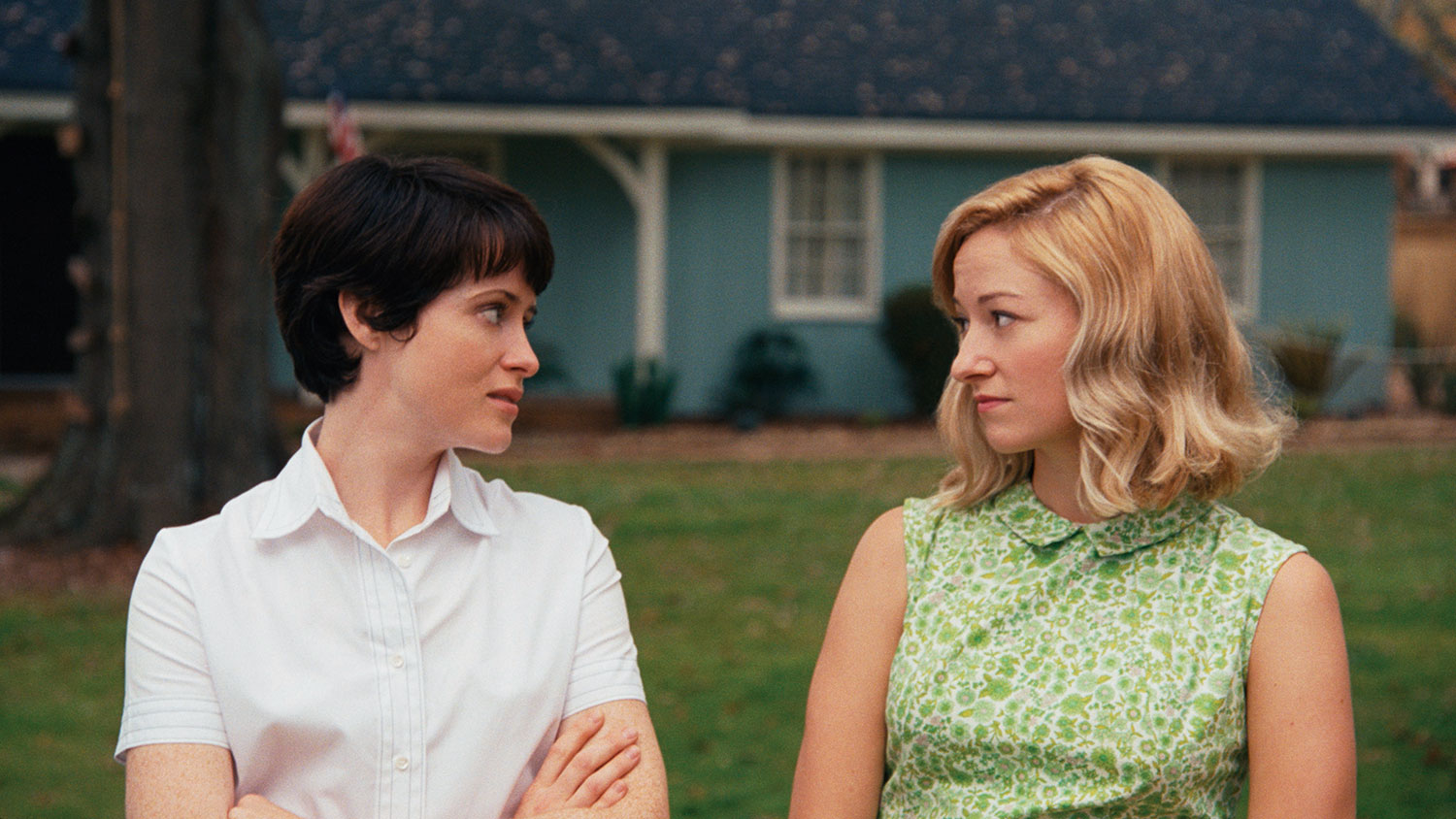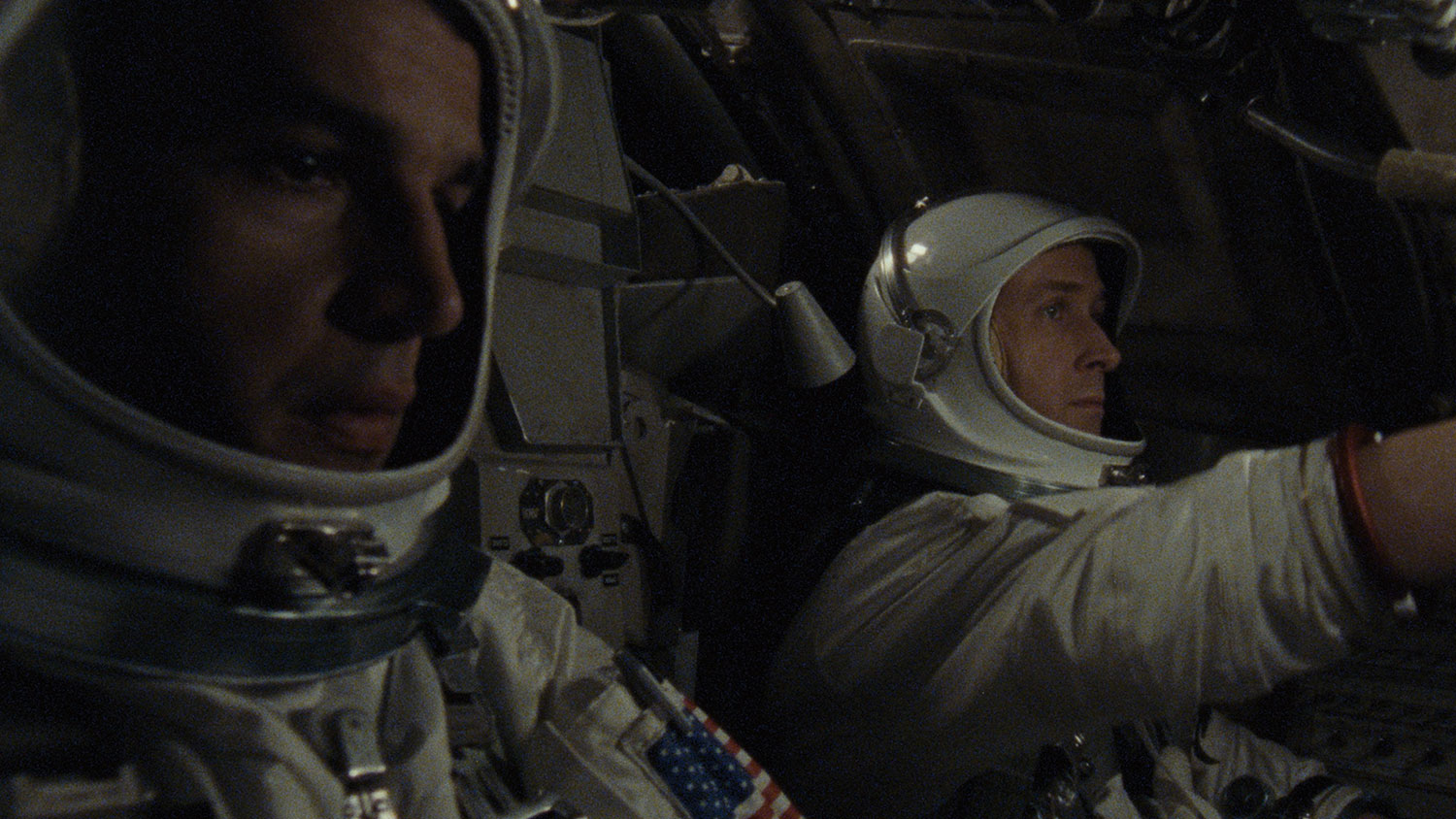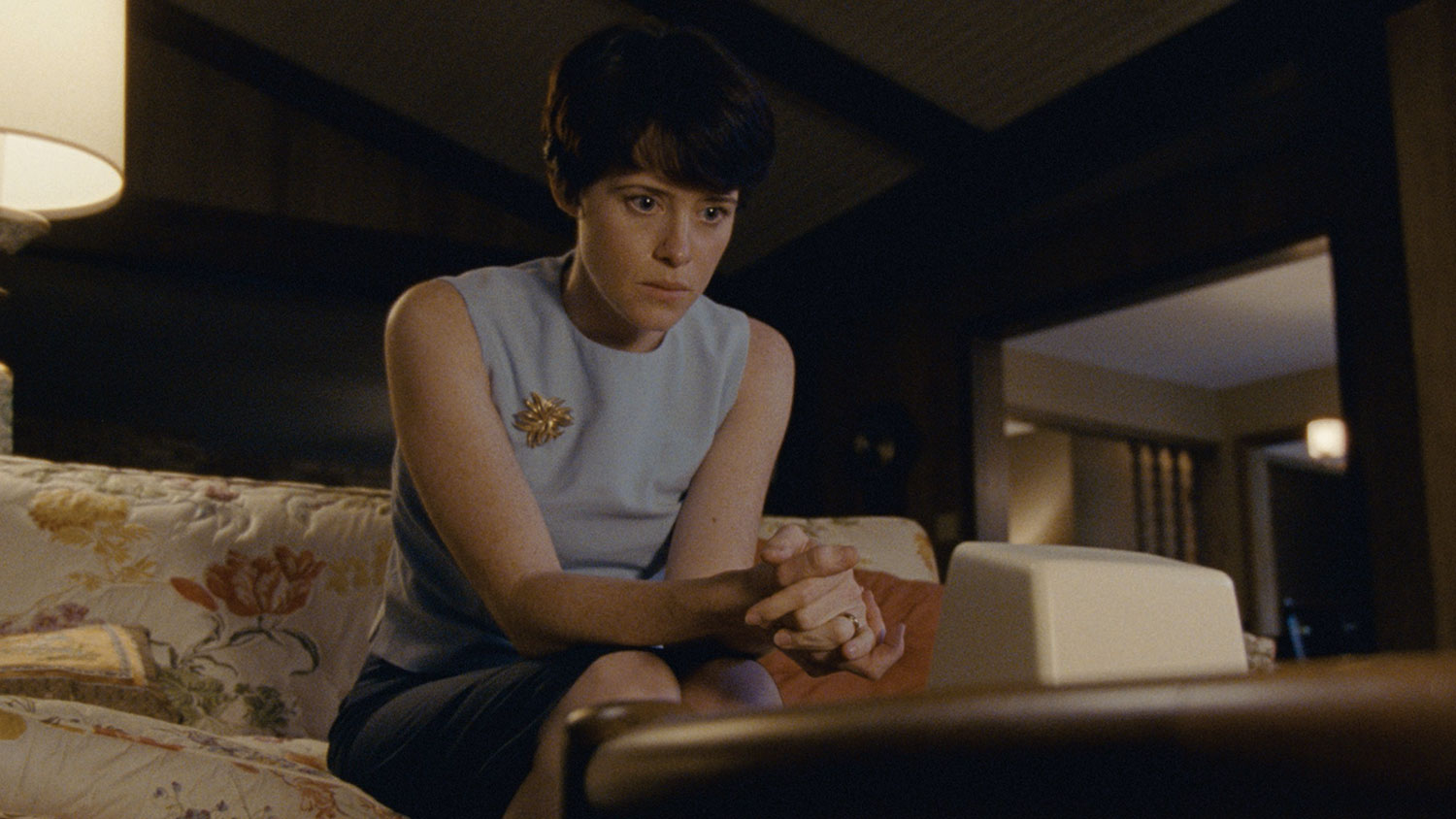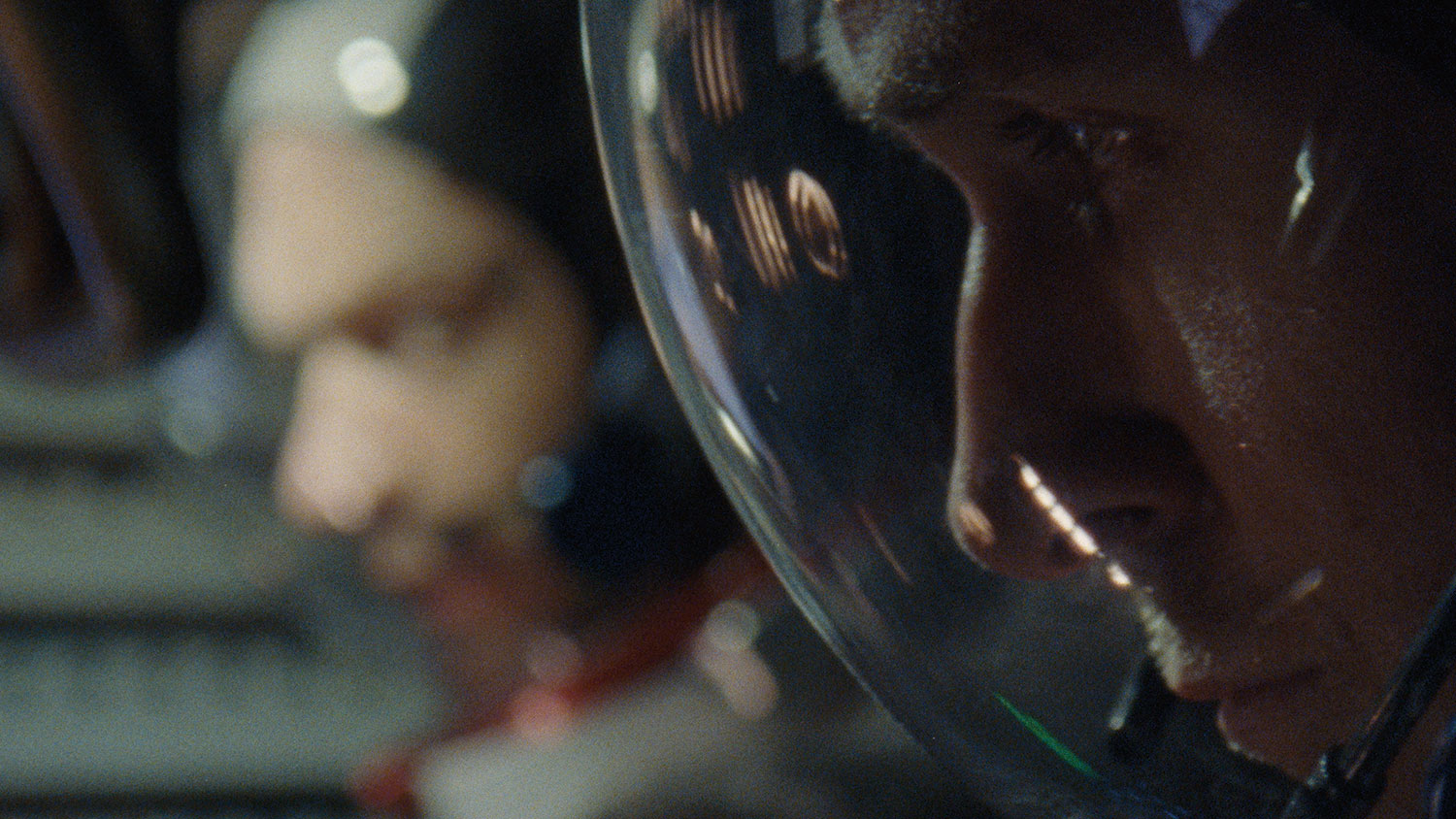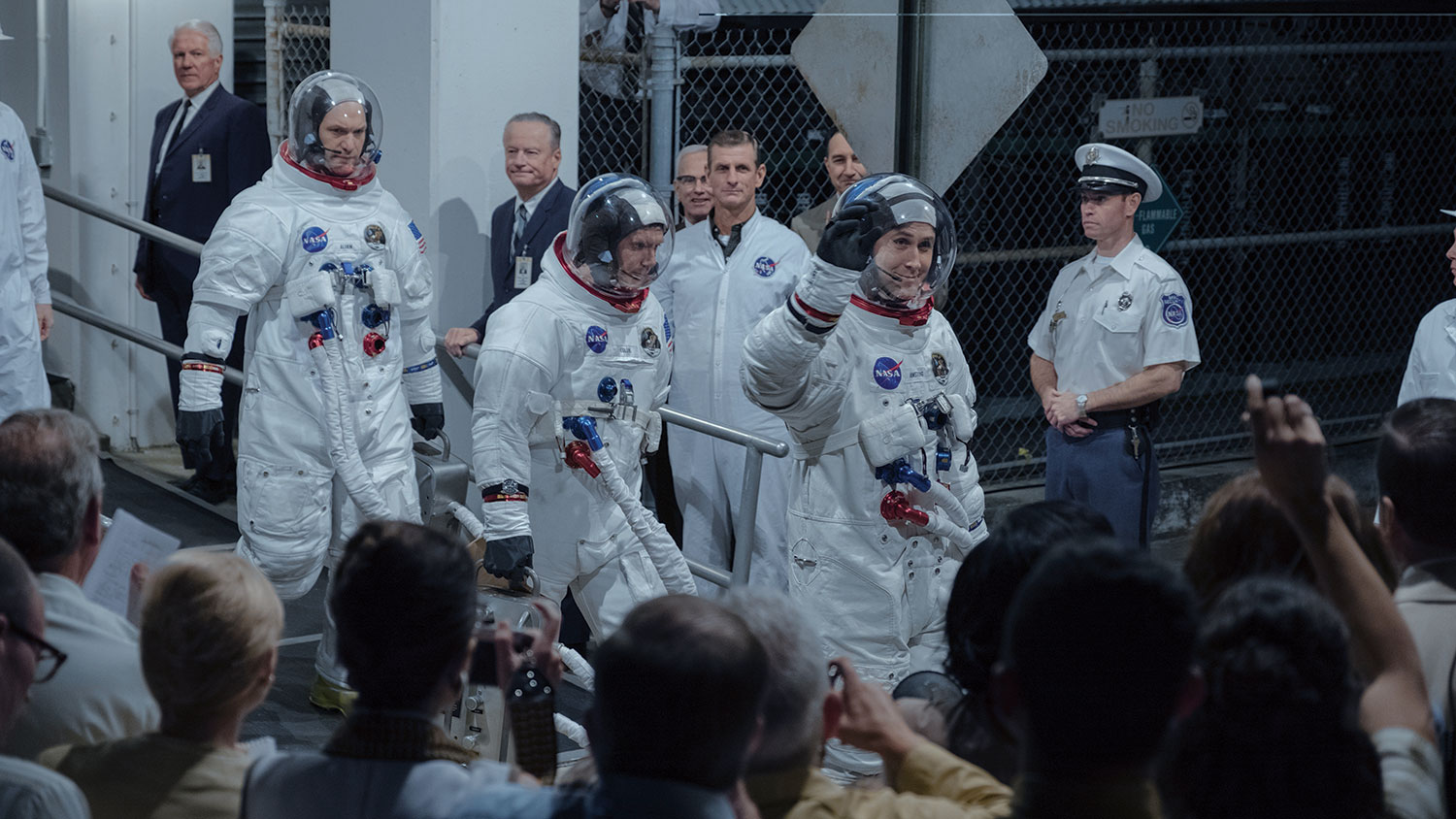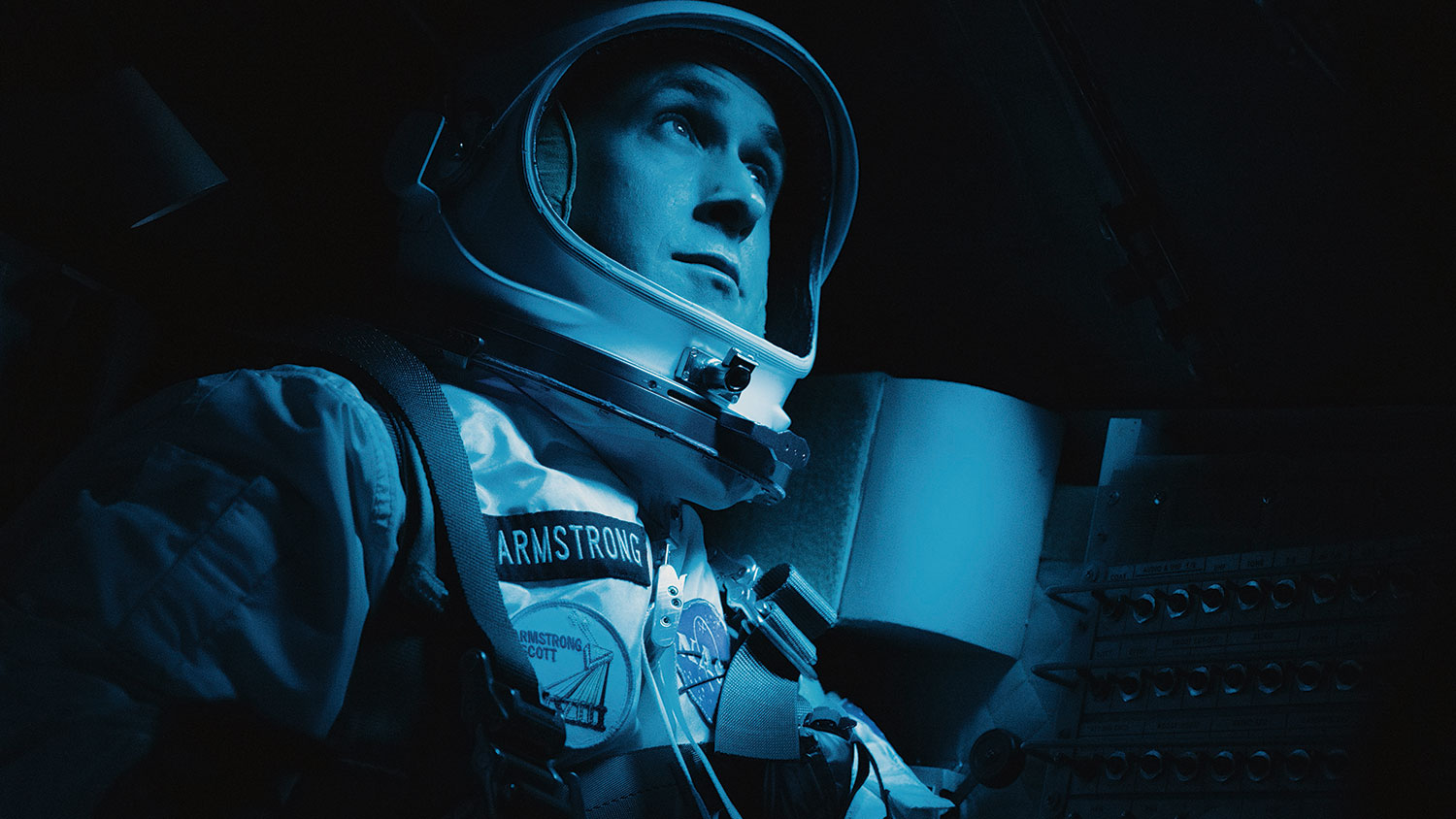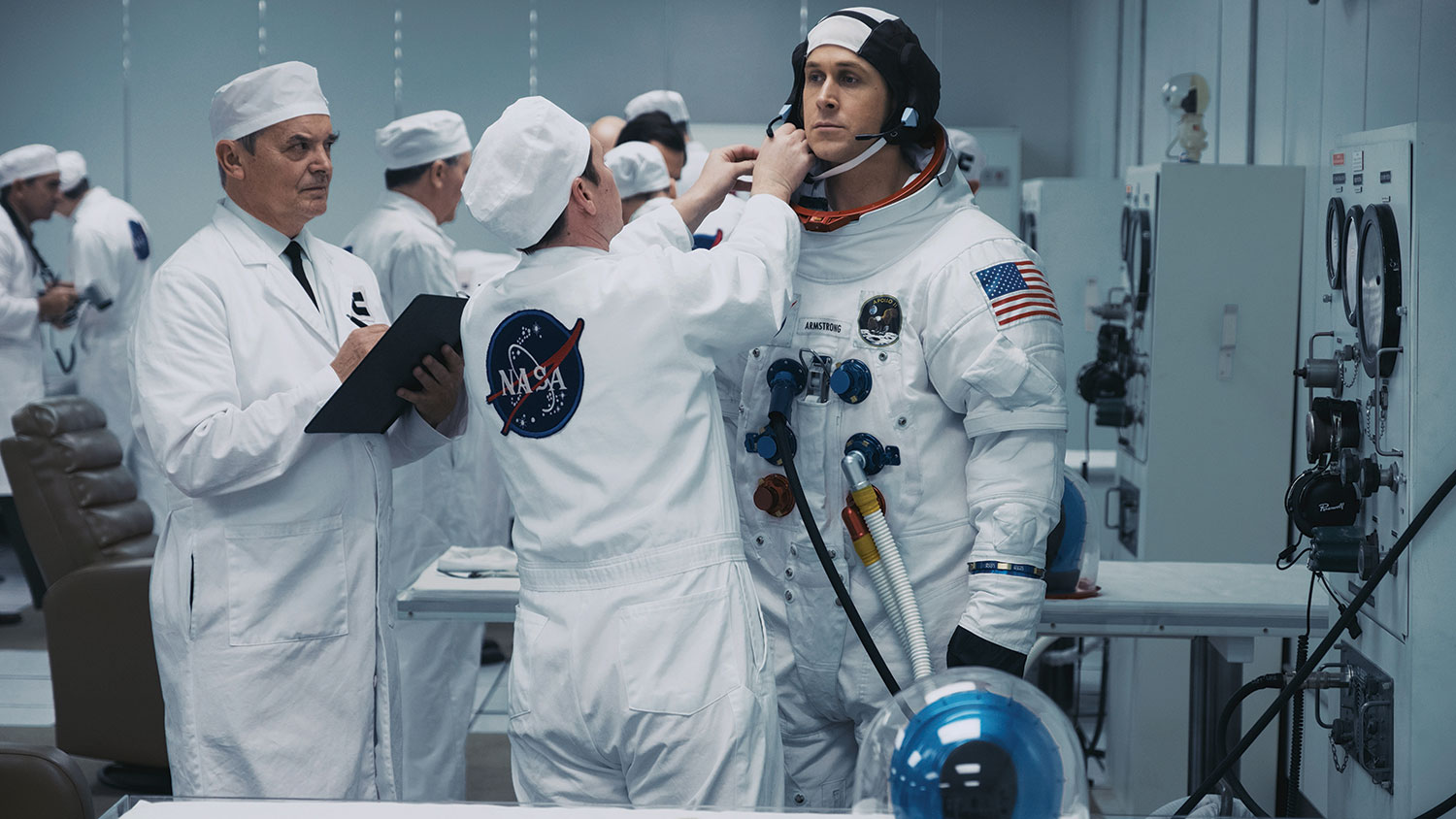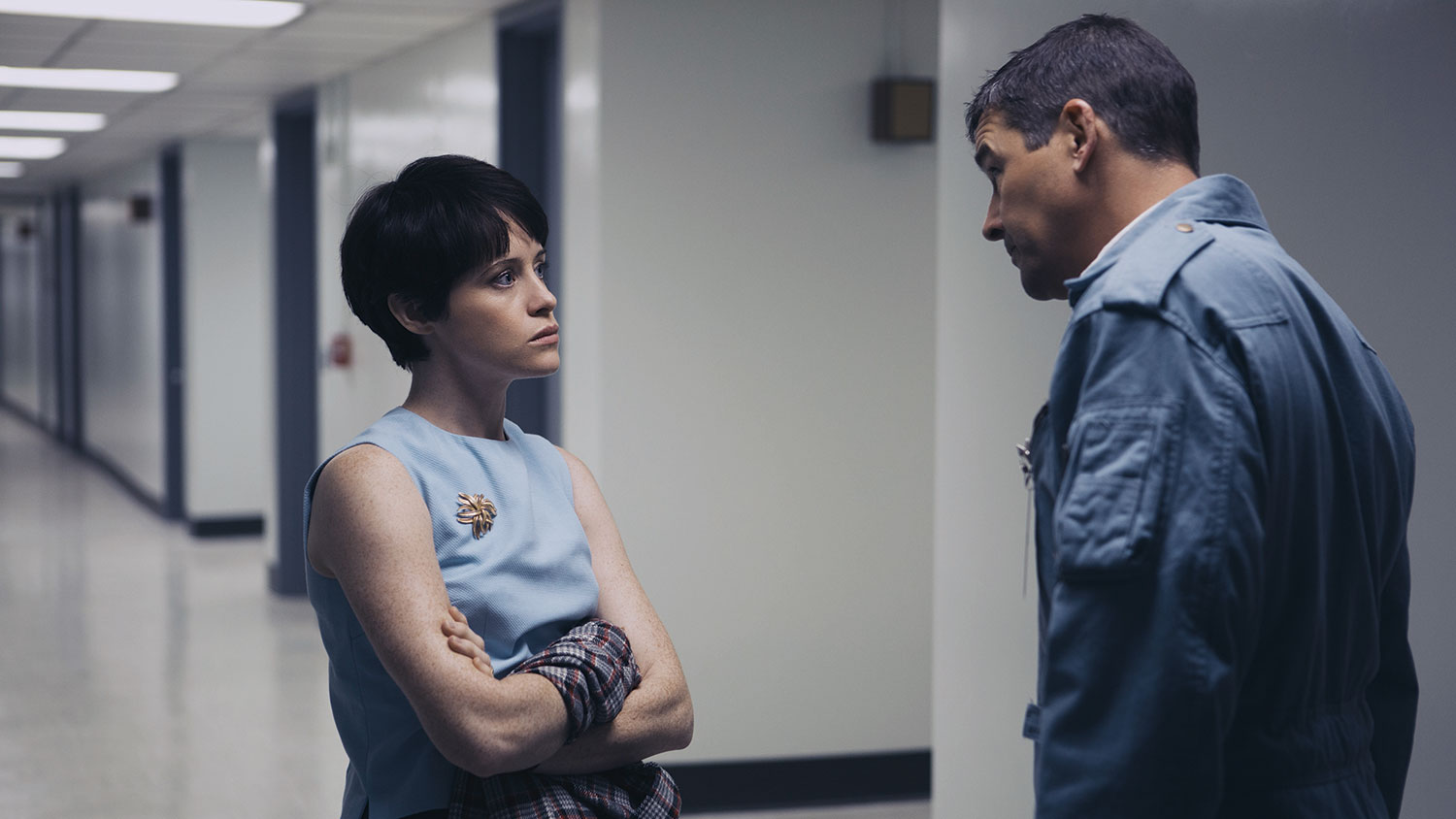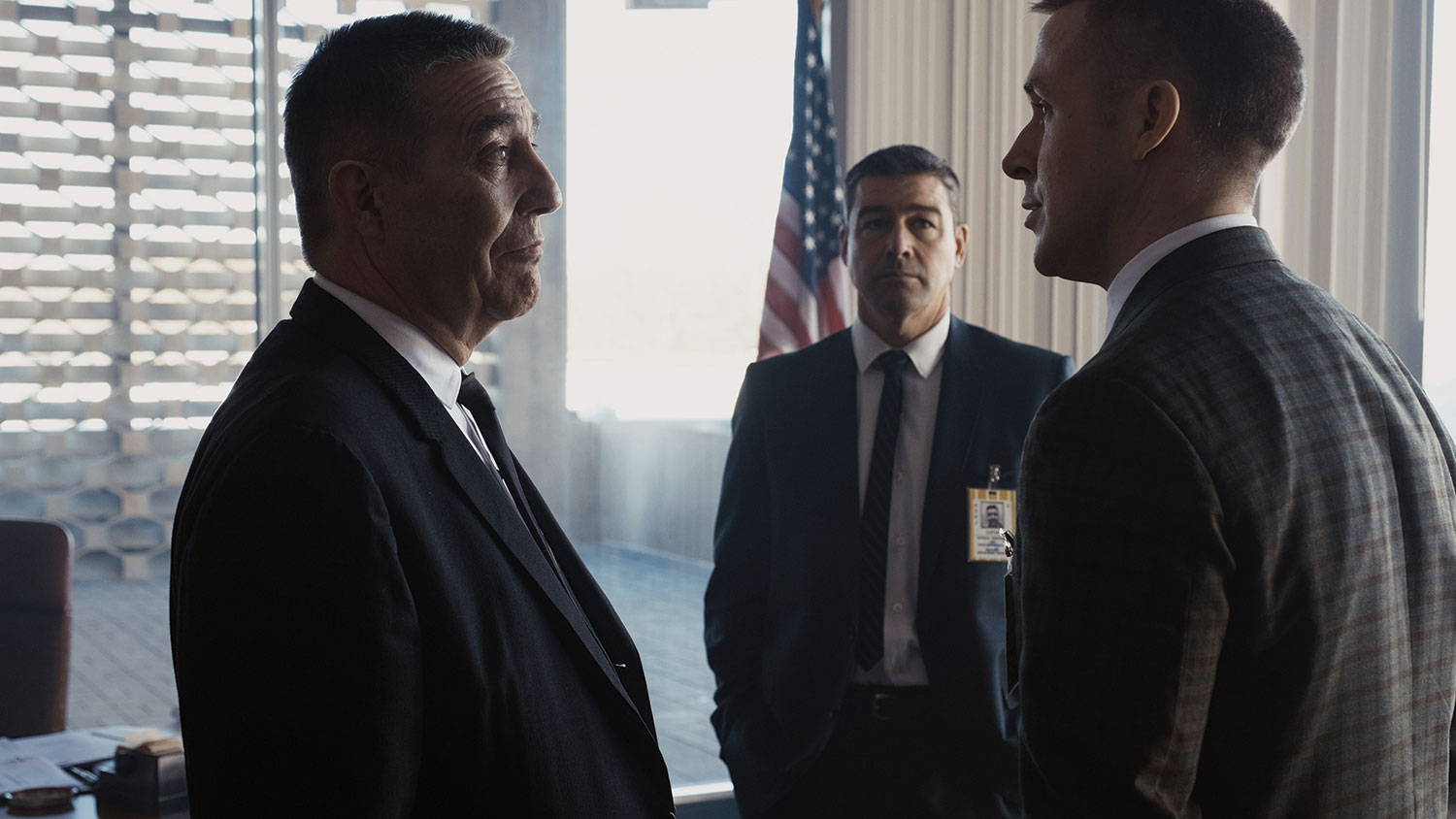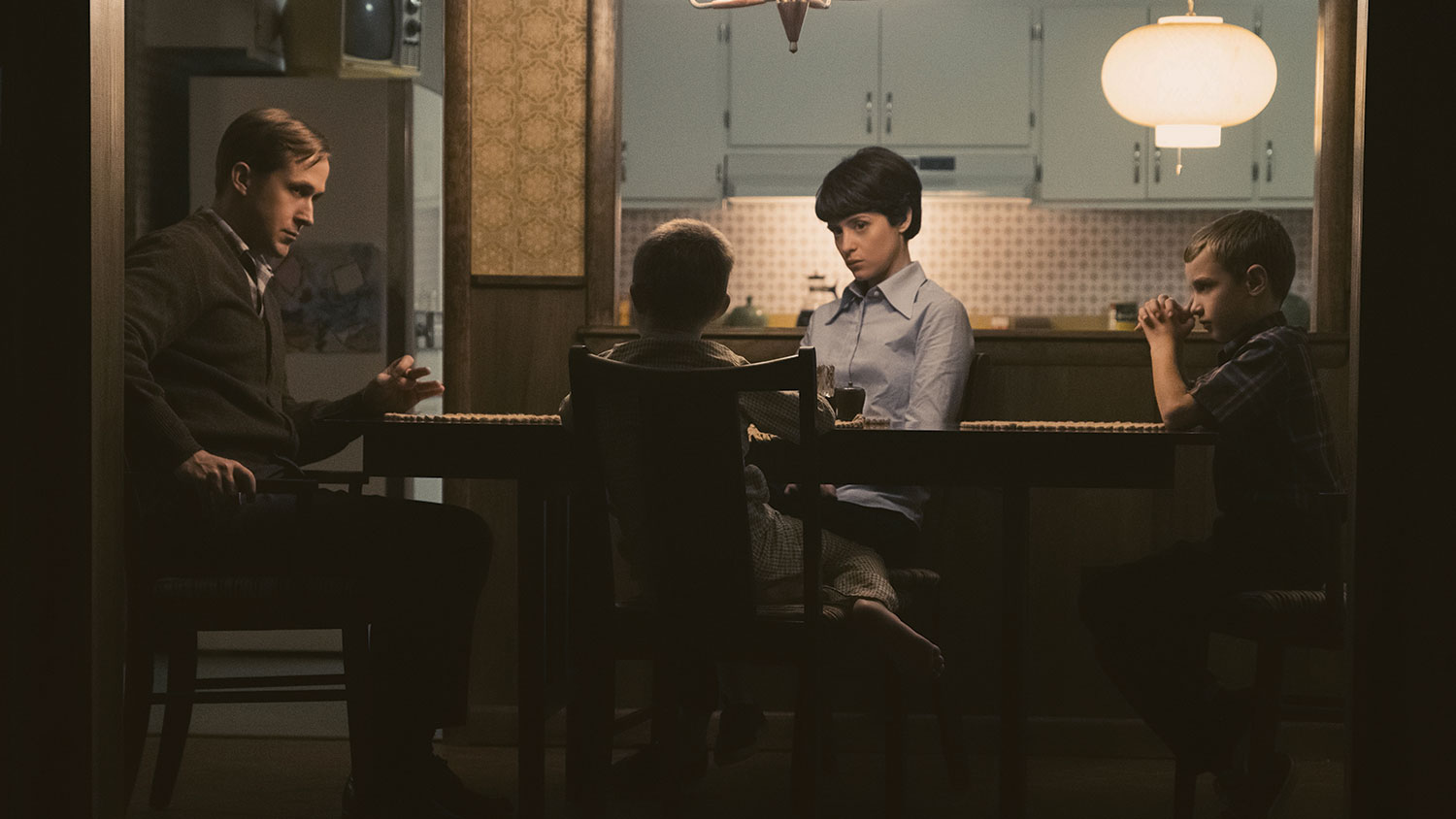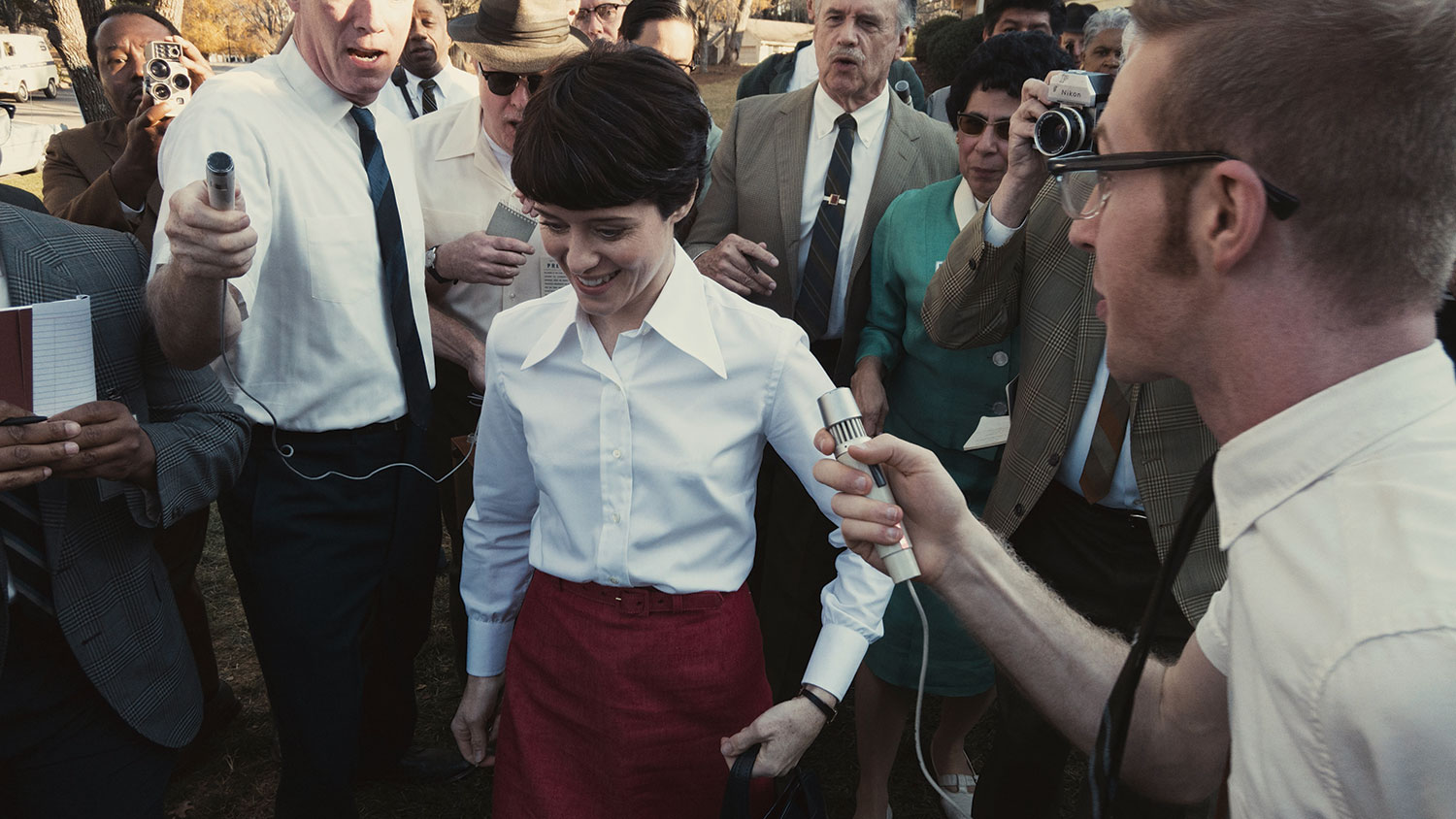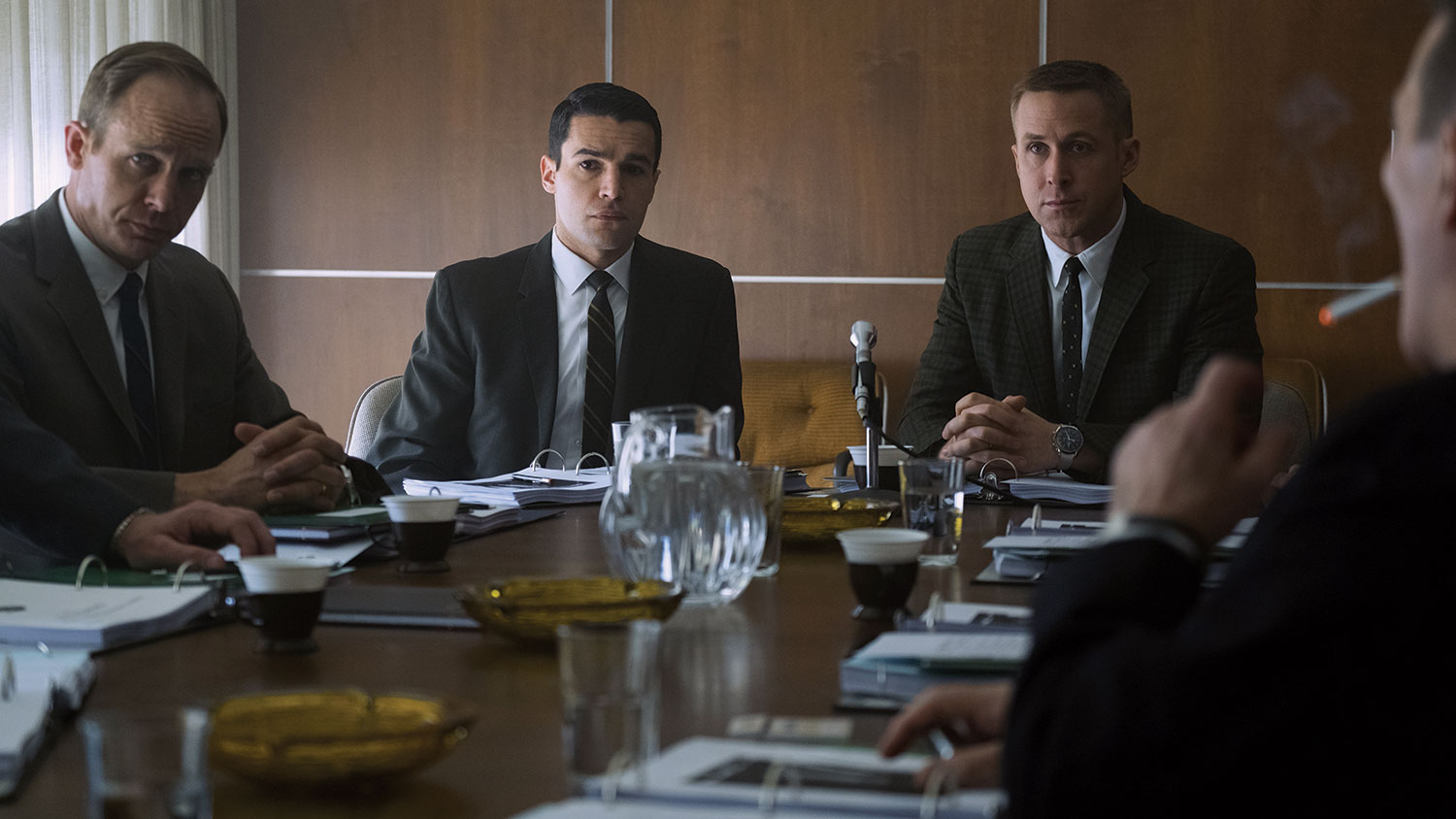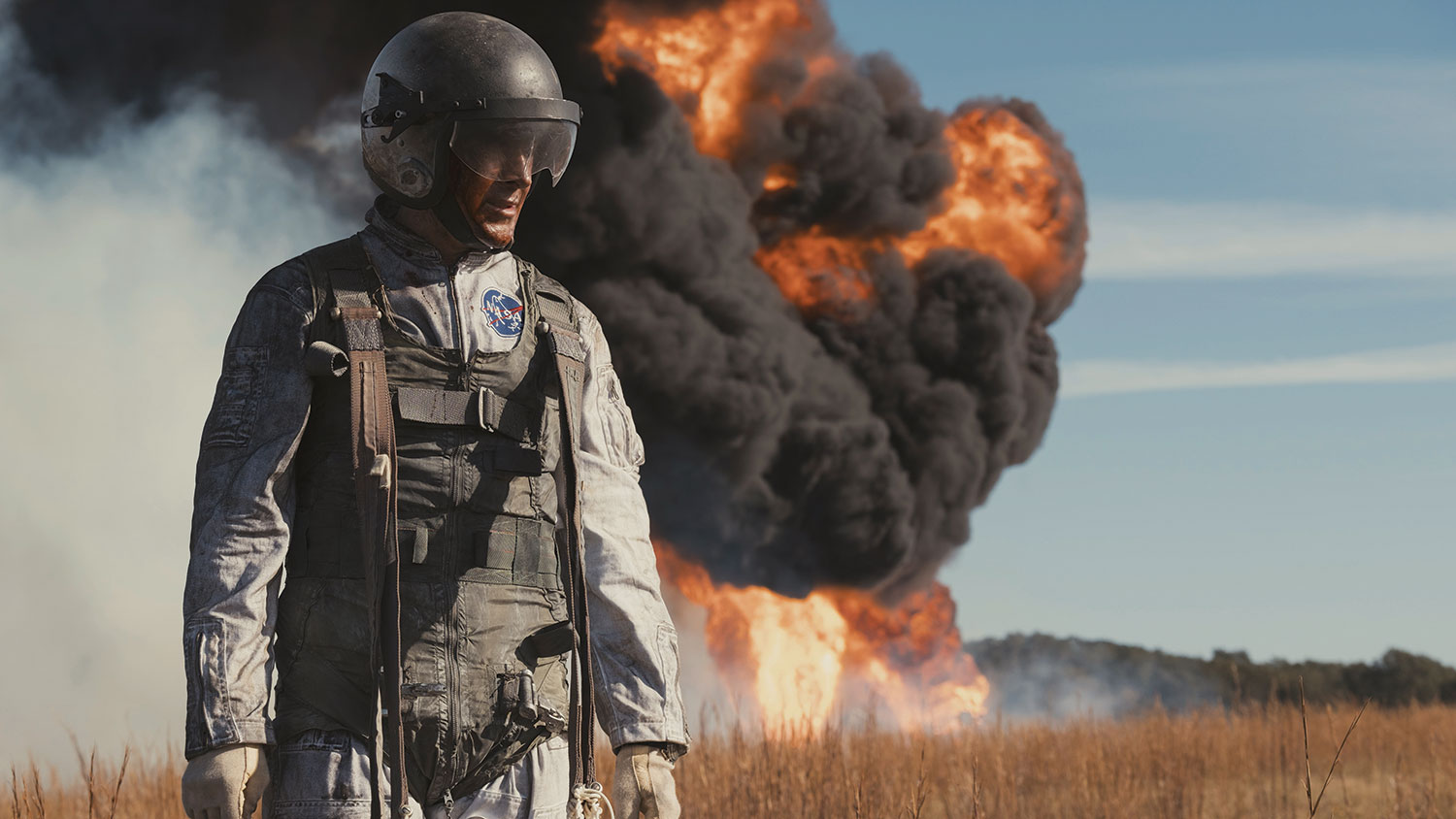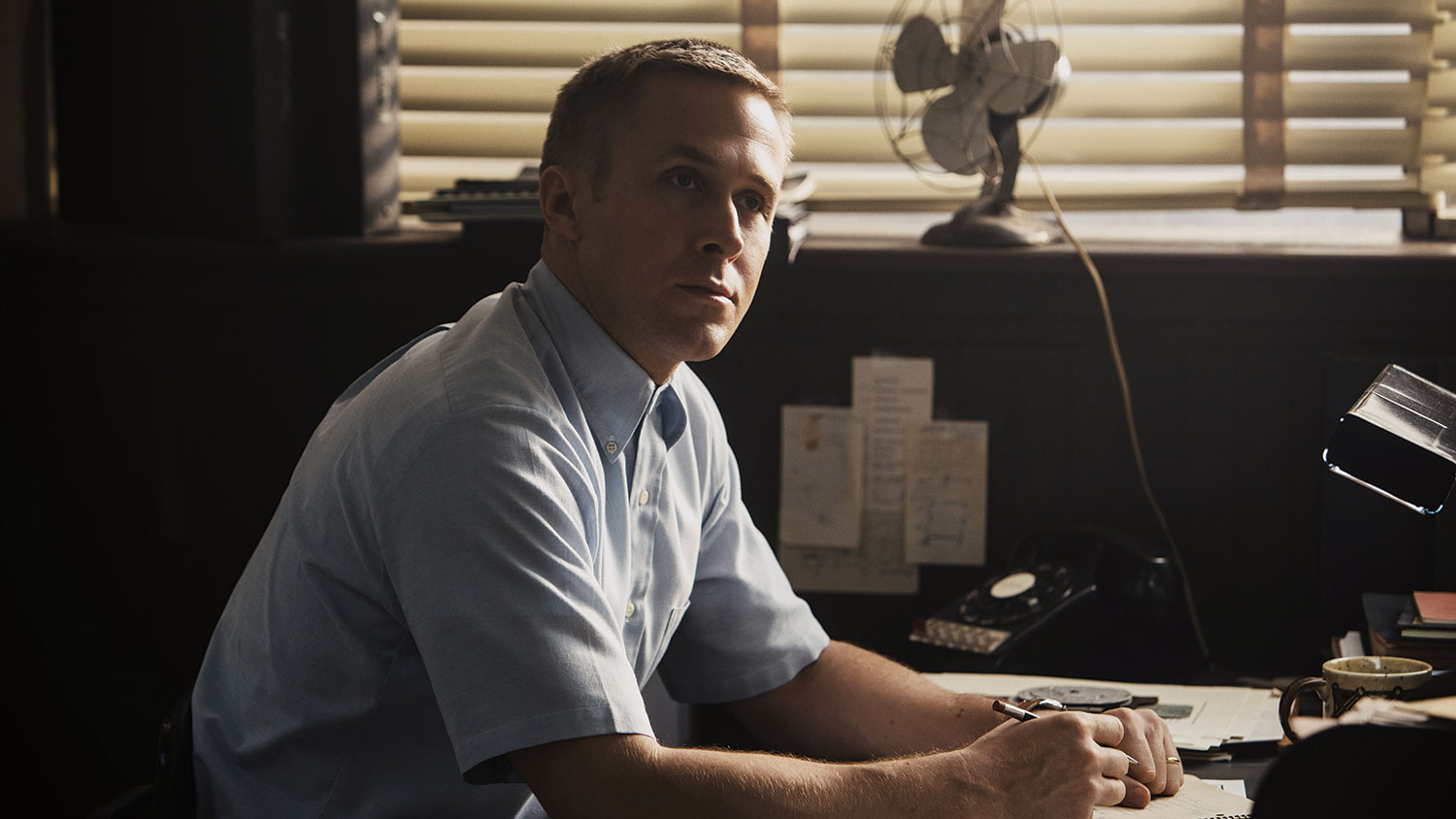Damien Chazelle has a knack for creating movies as beautiful as they are powerful.
First it was 2014’s achingly intense Whiplash, then it was 2016’s contemporary musical La La Land, and now Chazelle displays more of that same filmmaking magic with First Man, a biopic of astronaut Neil Armstrong that chronicles the events leading up to the Apollo 11 mission that made him the first human to walk on the surface of the moon.
More Movie Reviews
And like both of the aforementioned, Oscar-nominated films he directed before it, First Man is a film that makes the cinematic experience feel fresh in unexpected ways.
First Man won our award for the best movie of the year. Make sure and check out all our other selections for Best Products of 2018.
Directed by Chazelle from a script penned by Academy Award winner Josh Singer (Spotlight, The Post), First Man casts Ryan Gosling as Armstrong, the aeronautical engineer and test pilot who — along with Lunar Module pilot Buzz Aldrin — touched down on the moon in July 1969 in one of the most-watched moments in human history. Among the supporting cast members in the film are The Crown actress Claire Foy as Armstrong’s wife, Janet Shearon; Jason Clarke (Zero Dark Thirty) as Ed White, the first American to walk in space; Kyle Chandler (Friday Night Lights) as Deke Slayton, NASA’s chief of the astronaut office; and Corey Stoll (Ant-Man) as Aldrin.
Re-creating one of the defining moments of the last century is a tall order for even the most talented filmmakers, but Chazelle not only manages to capture the public drama of the event but also to present a deeply personal side of the experience from the perspective of Armstrong’s family and fellow astronauts, as well as Armstrong himself. At its core, First Man is as much a film about processing trauma and the nature of obsession as it is a film about flying to the moon, and Chazelle expertly balances the wide range of emotions at play in the film at any given point.
There’s a sense of authenticity that fills every pore of First Man.
In both Whiplash and La La Land, Chazelle showed a knack for clever shots that complement a scene in its entirety — the music, the action, and the performances as a whole — and that’s on full display in First Man, which takes you inside the crafts manned by Armstrong as only his perspective can offer.
From the creaking of stressed metal and seams, to crowded cockpits lit by the glow of myriad sensors and switches, to the ever-present hiss of circulating air and the crackle of radio static, First Man is steeped in a realism that makes every moment hold a sense of imminent triumph or disaster. Chazelle is a master of accentuating details, and First Man offers no shortage of otherwise nondescript background elements that become so much more through his lens.
As for Gosling, he doesn’t stray too far from the sort of performance audiences are accustomed to seeing from him at this point in his career.
The Apollo 11’s famous commander was known for being quiet, humble, and reserved, and that personality plays well to the acting strengths of Gosling, who typically gives his characters a sort of distant quality that makes their every action or word seem carefully considered. It’s a performance that feels a little too familiar for Gosling, but it’s right in line with the personality of the real-world character he’s playing.
Foy also delivers a performance that’s powerful in subtle ways, making the most of the screen time she’s given and her character’s role in Armstrong’s story. Her portrayal of Shearon doesn’t offer the spectacle of an award-winning performance, but it still carries the emotional weight such a role requires.
First Man doesn’t shy away from exploring the technical aspects of the mission.
From the acting, to the visuals, to (unsurprisingly) the sound, there’s a sense of authenticity that fills every pore of First Man.
The film deals with some of the heaviest topics — both physically and emotionally — that Chazelle has brought to the screen in any film so far, and he handles them in a way that makes deeply personal moments resonate as powerfully as the very public moments of Armstrong’s experience.
First Man doesn’t shy away from exploring the technical aspects of the mission and preceding events, either, and does a nice job of blending the tech-speak and aeronautical exposition into the action in digestible, audience-friendly ways.

That First Man can hit so many high marks in chronicling the Apollo 11 mission without resorting to the usual jingoistic, patriotic themes invoked around it speaks volumes to Chazelle’s talents as a filmmaker, to Singer’s script, and to the performances of the cast, which all gel to form an awe-inspiring cinematic experience.
First Man is an extraordinary film that conveys the magnitude of one of mankind’s greatest achievements in a way that makes a moment that occurred 50 years ago and more than 200,000 miles away feel truly personal today.
